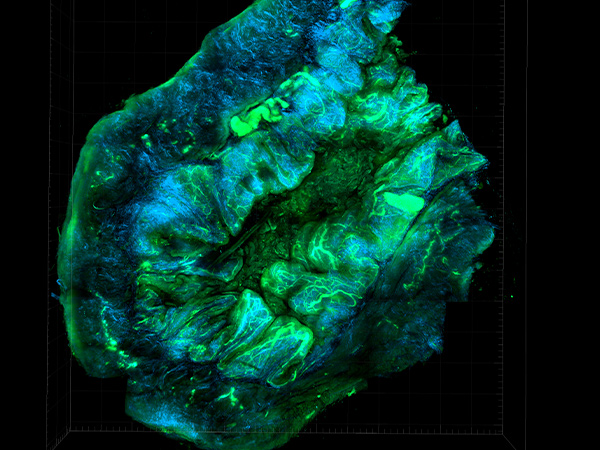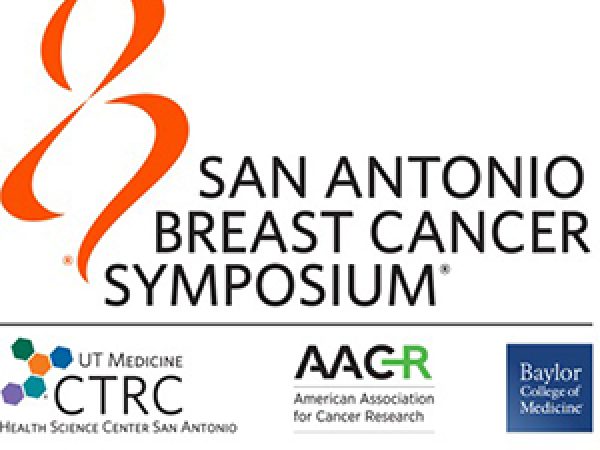AACR In the News
The American Association for Cancer Research (AACR) has appeared in numerous publications lately, showcasing the breadth of our mission to prevent and cure all cancers. News stories have featured scientific research, interviews with AACR leadership, and a first-person account of cancer’s financial toll.
- The New York Times covered a study published in Cancer Epidemiology, Biomarkers & Prevention which showed that women with metastatic breast cancer are living longer. The study attributed the better survival rates to advances in treatment and improved imaging techniques, which have made it possible to detect the disease at an earlier stage.
The study, led by Angela B. Mariotto, DPhil, of the National Cancer Institute, showed that from 1992 to 1994, the five-year survival rate for women under age 49 with newly diagnosed metastatic breast cancer was 18 percent. From 2005 to 2012, five-year survival had doubled to 36 percent. In the study, Mariotto said the increased survival rates suggest that more research should be done on preventing recurrence and managing the specific health needs of the growing population of women living with this disease.
- The Scientist wrote about the first analysis of data from the AACR’s Project GENIE (Genomics Evidence Neoplasia Information Exchange), an international data-sharing initiative. The analysis, which was first published in the AACR journal Cancer Discovery, detailed some of the early discoveries of nearly 19,000 de-identified genomic records.
For example, the review showed that more than 30 percent of the samples had mutations that are clinically actionable, meaning that they are suggestive of a specific treatment that is either already approved by the U.S. Food and Drug Administration or is being tested in clinical trials. This helps confirm that genomic sequencing of tumors can have an important role in clinical care, GENIE chairperson Charles L. Sawyers, MD, FAACR, explained.
Separately, the website OncLive featured an interview with Barrett Rollins, MD, PhD, chief scientific officer at Dana-Farber Cancer Institute, in which he said a new round of institutions has expressed interest in joining the consortium, which began with eight cancer centers in the United States, Canada, the Netherlands, and France.
- The AACR’s President, Michael A. Caligiuri, MD, was interviewed by Medscape about proposed funding cuts to the budget of the National Institutes of Health. He discussed the need for robust funding of all levels of medical research, from basic to translational to clinical research.
“Our community is sitting on pins and needles, not knowing whether we can continue with our trainees, continue with our experiments, and continue with experimental therapies for our patients,” said Caligiuri. “The proposed nearly 20 percent cut in funding by the President would be beyond comprehension and reverse so many outstanding achievements that we have been able to make in biomedical research, despite even flat funding.”
- In the coming year, Philadelphia resident Sarah Happy will be one of several AACR Ambassadors, joining our Runners for Research team to raise money for cancer research and awareness of the AACR’s mission. Recently, Happy published a column in The Philadelphia Inquirer in which she detailed the long-term financial toll that cancer can take.
Happy has beaten two forms of cancer, and while she is now in good health, her article discusses the physical and financial after-effects of a bout with cancer. As Happy points out, “With more people surviving cancer, we will have more people struggling to manage the cost of cancer over their lifetime.” We’ll be sharing more information soon on Runners for Research and the AACR Ambassadors.




